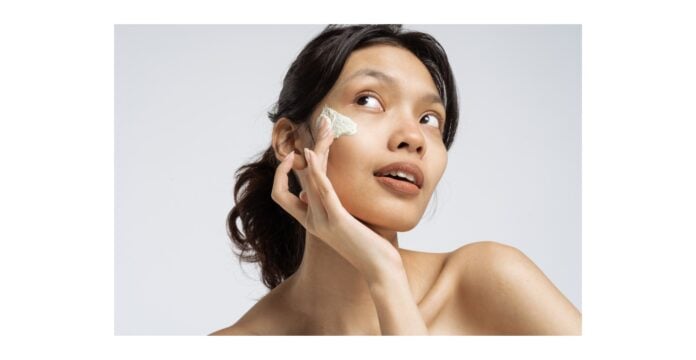Criteo is the originator of AI-based technology for commerce, which has been enriched over the past 20 years by the continuous analysis of shopping behavior.
His recent study " Global Health & Beauty Pulse 2025 The "Beauty" survey reveals that the French continue to make beauty products a priority, despite the pressure on their purchasing power. Some 80 % of respondents say they have maintained or increased their beauty spending over the past six months. Between April and May 2025, sales of beauty products in France increased by 15 % compared to the same period in 2024.
Loyalty: an ancient story?
While only 27 % of those surveyed said they were loyal to their favorite beauty brand, French consumers are quite open to discovering new products, according to the study: 54 % of them have consumed products from a skincare brand they had never tried in the last 12 months - an upward trend compared to 2024 (52 %). This figure rises to 55 % for fragrances and 58 % for bath and body products.
A longer, more thoughtful buying process
The Criteo study highlights that beauty consumers in France are extremely strategic: 71 % of those interviewed compare prices on several sites, and one in two consults online reviews when in store. The research phase is becoming central, measurable and omnipresent.
Omnichannel becomes the norm in France
Criteo points out that its study reveals that for the French, the purchasing experience is built between the digital and physical worlds, with 52 % of consumers carrying out an online search before buying in-store. Half of French people (50 %) systematically make their purchases in-store. " In 2025, omnichannel is no longer a trend, but a standard that structures the entire value chain in the search for the best beauty deals".emphasize the authors of the study.
Values: generational disparities
Ecological and ethical criteria remain important in purchasing decisions, particularly for European consumers. However, their expression varies according to profile: Millennials value product composition, especially natural ingredients, while Gen Z attach more importance to recommendations from content creators.








